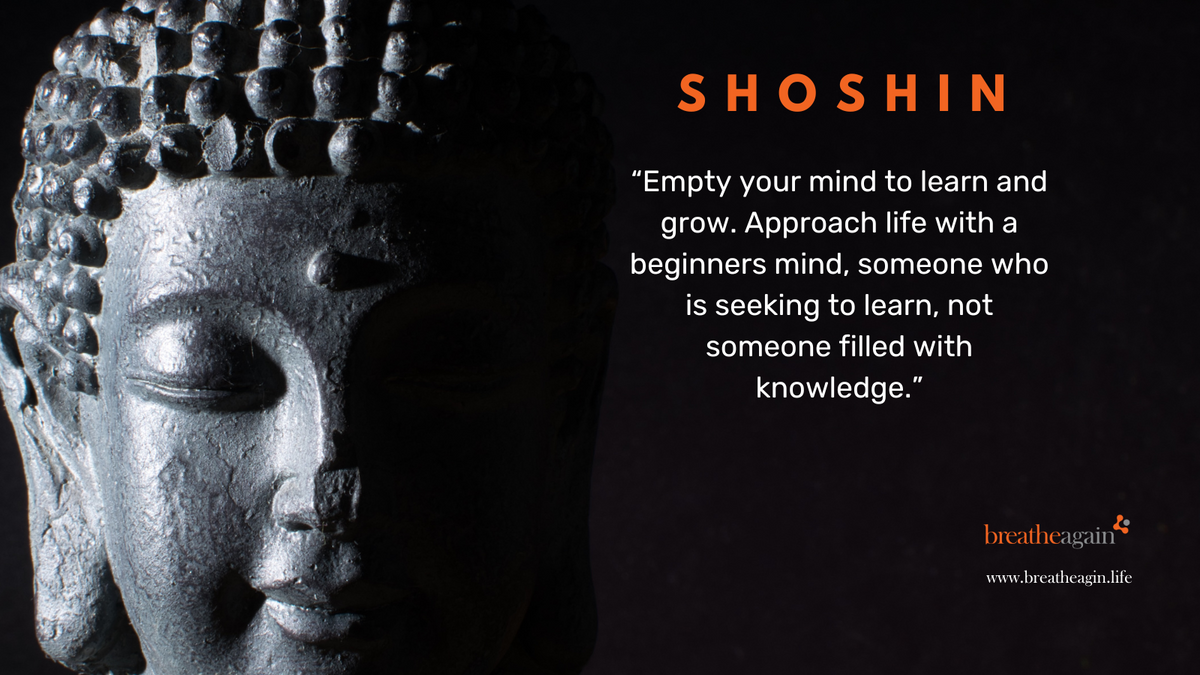Shoshin - Create a Beginners Mind in Children

In a world that frequently rewards skill and knowledge, the Zen Buddhist idea of "shoshin," or beginner's mind, can teach us an important lesson. Shoshin invites us to look at life with new eyes, free of preconceived beliefs. This approach has enormous potential for personal development, inventiveness, and developing a feeling of wonder.
While shoshin principles are applicable to everyone, imparting them in youngsters can be exceptionally transformative, providing them with tools to live a life filled with curiosity and an open heart.
What is Shoshin?
Shoshin, at its foundation, asks us to adopt the mindset of a beginner - someone who enters events with eagerness and without preconceptions. This method emphasizes openness to learning, especially in areas where we may consider ourselves experts. It urges us to let go of entrenched beliefs, biases, and limits, creating an environment conducive to creativity and adaptation.
The Importance of Shoshin for Children
Developing shoshin in youngsters is a gift that can have long-term advantages. We empower them by training them to keep an open and curious mind. Children have an insatiable curiosity. Nurturing their sense of wonder via inquiries and inquiry keeps kids engaged with their environment and ready to learn. Shoshin tells us that mistakes are opportunities for progress.
We assist youngsters develop resilience and a healthy attitude towards challenges by creating an environment in which mistakes are viewed as chances for learning rather than failures. Personal development can be hampered by prejudices and biases. We give children the tools they need to build their own ideas based on experience and understanding by educating them to question stereotypes and approach each person and situation with an open mind.
Mindfulness practises can help with the development of shoshin. Teaching children to be aware of their thoughts and surroundings in the present moment encourages them to interact more fully with their experiences. Shoshin, in a results-oriented culture, switches the emphasis to the joy of learning. Children learn to respect the trip and the lessons gained along the way when the method takes precedence over the outcome.
Developing Shoshin in Children
Children learn through observation, so set a good example. Show a willingness to learn new things and a positive attitude towards obstacles. Allow youngsters to explore a wide range of interests. Introducing kids to new experiences broadens their horizons and fosters a shoshin mindset. Curiosity should be celebrated by encouraging inquiry and exploration. Create an environment in which children feel safe seeking information and solutions. Teach children that making mistakes is a necessary part of learning. Show them how setbacks may be turned into opportunities for growth and advancement. Have discussions about their experiences. Encourage children to share their ideas and insights, which will lead to a better understanding.





